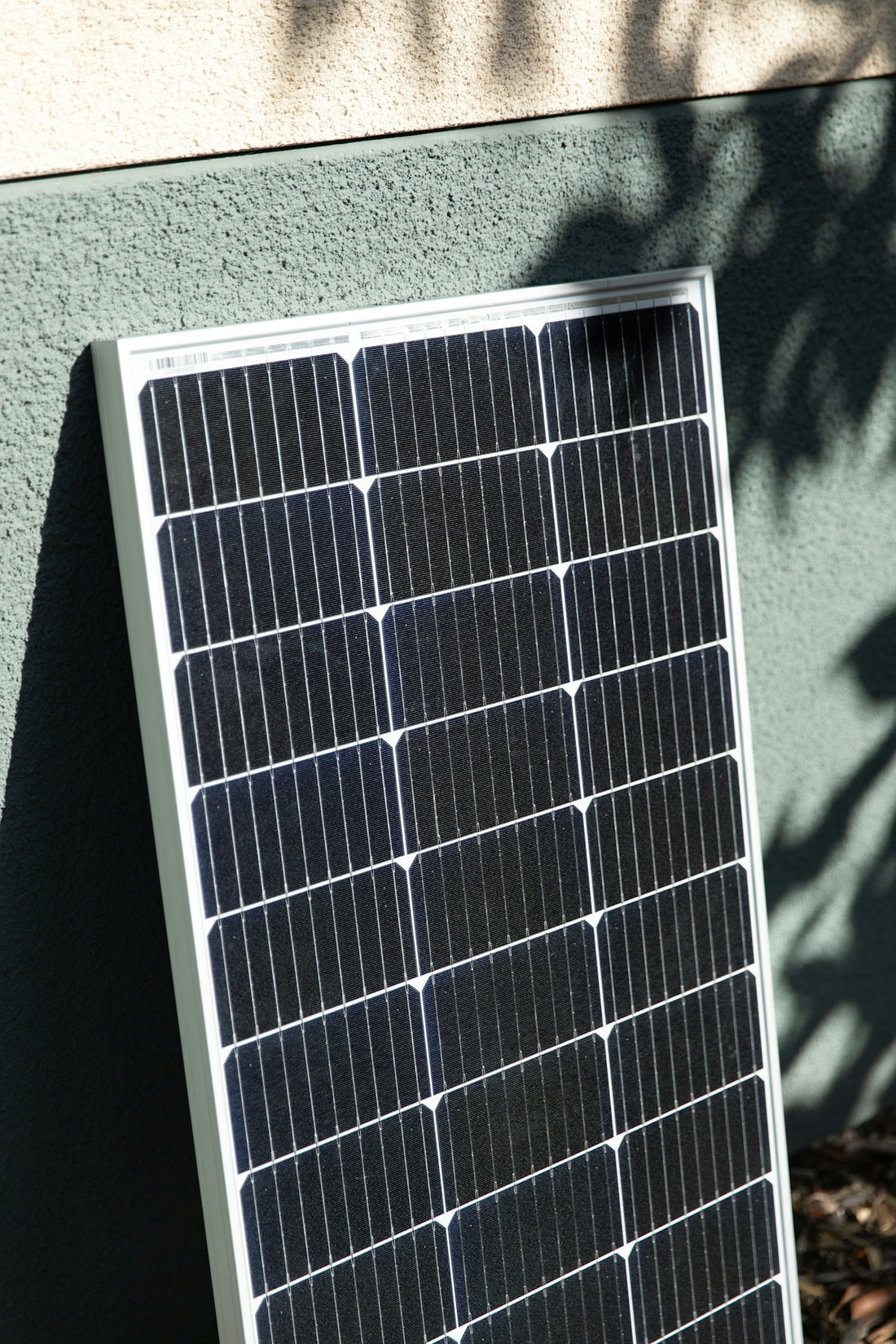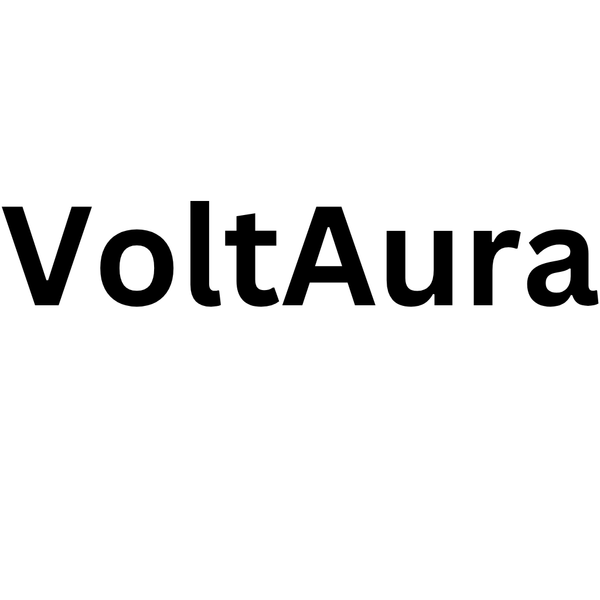
Comprehensive Guide to Battery Management in Portable Solar Power Generators
Share
In today's world, the demand for sustainable energy solutions continues to rise. Portable solar power generators have emerged as a game-changer for individuals seeking reliable, eco-friendly, and efficient energy sources for off-grid living, RV adventures, emergency preparedness, and more. A crucial component of these systems is the battery, which not only stores energy but also ensures the generator's optimum performance. This guide will explore various aspects of battery management in portable solar power generators, helping you make informed decisions and get the most out of your investment.
For advanced portable solar power solutions, visit VoltAura.solar.
Understanding Portable Solar Power Generators
Portable solar power generators harness the sun's energy, converting it into electrical power that can be utilized on the go. These systems typically consist of solar panels, an inverter, a battery, and various outlets to power devices. The battery is especially important, as it stores the energy generated by the solar panels, ensuring a continuous supply of power even during periods of low sunlight.
Key components of portable solar power generators include:
- Solar Panels: Capture sunlight and convert it into electricity.
- Inverter: Converts stored DC power into AC power, making it usable for most devices.
- Battery: Stores energy for use when the sun isn't shining.
- Charge Controller: Regulates the power going into the battery, preventing overcharging.
Battery Types in Portable Solar Power Generators
Several types of batteries are commonly used in portable solar power generators:
- Lead-Acid Batteries: Traditional and affordable, but heavier and less efficient than other types.
- Lithium-Ion Batteries: Lightweight, efficient, and compact. Lithium iron phosphate (LiFePO4) variants provide longer life cycles and enhanced safety.
- Nickel Metal Hydride (NiMH) Batteries: More environment-friendly but offer lower energy density compared to lithium-ion batteries.
Choosing the Right Battery for Your Solar Generator
Selecting the right battery depends on various factors such as capacity, weight, cost, and intended use. Lithium-ion batteries, such as those in the EcoFlow DELTA 2, offer a perfect balance of weight, efficiency, and lifespan, making them an ideal choice for portable use.
How to Optimize Battery Performance
Adequate Charging
To maximize the lifespan and performance of your solar generator battery, ensure it is charged correctly. Overcharging or deep discharging can result in reduced capacity and longevity. Implement these practices for optimal charging:
- Use a reliable charge controller to prevent overcharging.
- Consider using a battery management system (BMS) to monitor battery health.
- Avoid exposing the battery to extreme temperatures.
Regular Maintenance
Regular maintenance can extend the life of your solar generator's battery:
- Keep battery terminals clean and free from corrosion.
- Check for signs of wear or damage.
- Store in a cool, dry place when not in use.
Purchasing Considerations
When purchasing a portable solar power generator, consider these key factors:
- Power Output: Assess your power requirements to determine the necessary capacity.
- Portability: Determine the ease of transporting and storing the generator.
- Battery Life: Look for generators with high-quality battery life, like the EcoFlow DELTA Pro 3, for reliable long-term use.
- Expandability: Check if the generator allows for battery expansion or integration with other units.
Frequently Asked Questions
How long do solar generator batteries last?
The lifespan of a solar generator battery depends on the type, usage, and maintenance. Lithium-ion batteries typically last between 2,000 to 5,000 cycles, whereas lead-acid batteries may need replacement after 500 to 1,000 cycles.
Can I replace the battery in my solar generator?
Yes, most portable solar power generators allow for battery replacement. However, it's essential to ensure the new battery is compatible with the system.
Are there any safety concerns with solar generator batteries?
While generally safe, improper handling can pose risks. Always follow the manufacturer's guidelines and avoid physical damage to the battery.
Conclusion
Portable solar power generators are an excellent choice for those seeking reliable and sustainable power solutions. By understanding battery types, optimizing performance, and considering key purchase factors, you can ensure that your solar generator meets your energy needs for years to come. For robust and efficient power stations, consider products like the EcoFlow DELTA 2 and EcoFlow DELTA Pro 3.
For more information and to explore our range of portable solar power generators, visit VoltAura.solar.


